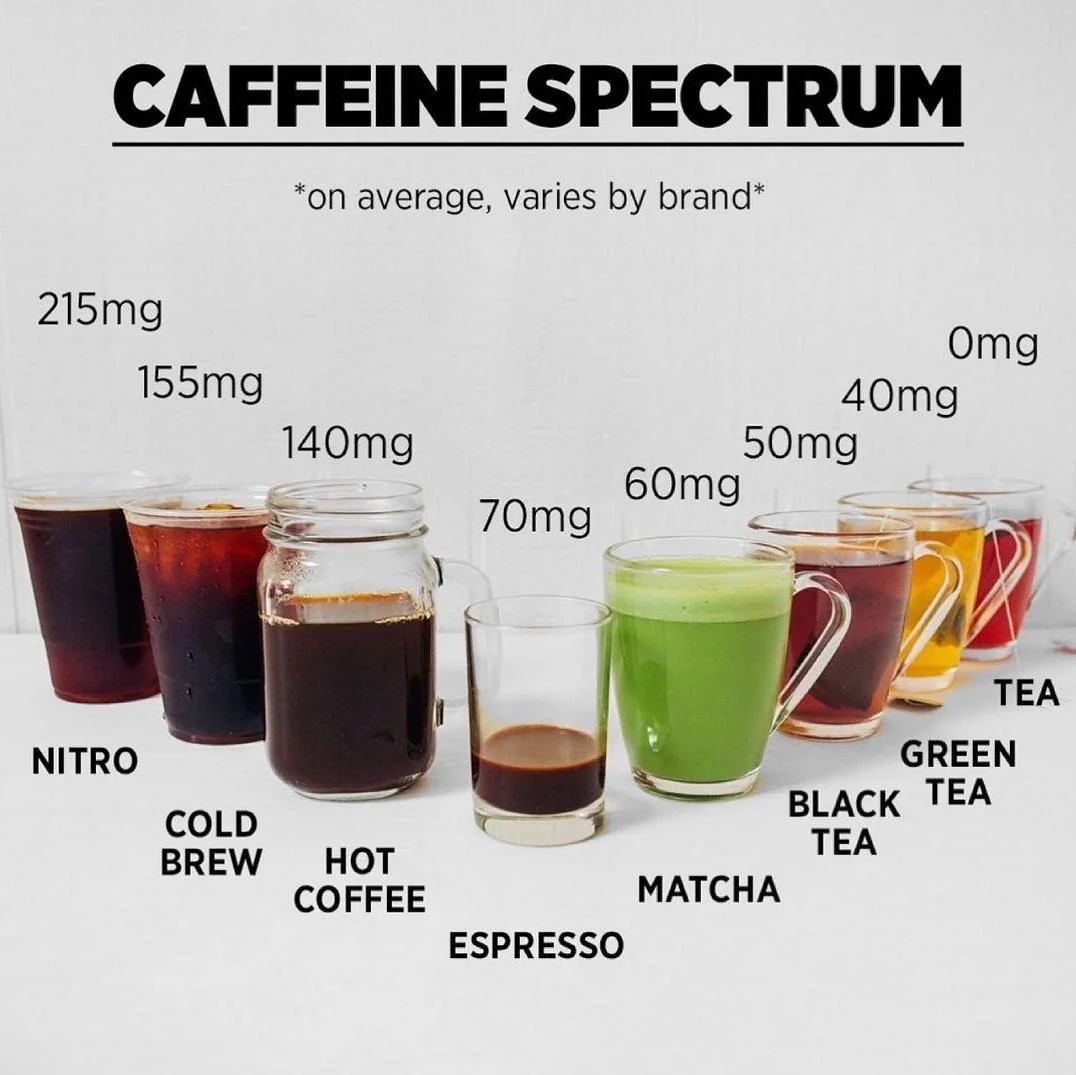Caffeine, a naturally occurring stimulant found in coffee, tea, energy drinks, and various other beverages, is one of the most widely consumed substances in the world. Its popularity can be attributed to its ability to enhance alertness, improve mood, and combat fatigue. However, along with its popularity, a plethora of myths and misconceptions about caffeine have also emerged.
The history of caffeine dates back thousands of years, with its origins rooted in ancient civilizations. The earliest recorded use of caffeine can be traced to the indigenous people of East Africa, who discovered the energizing effects of chewing on coffee beans. The coffee plant, Coffea Arabica, is believed to have been cultivated in the region that is now Ethiopia as early as the 9th century. Over time, knowledge of the stimulating properties of coffee spread to the Arabian Peninsula, where coffee cultivation and trade flourished. By the 15th century, coffeehouses had become popular social spaces in the Middle East, providing a place for people to gather, exchange ideas, and enjoy the energizing effects of the beverage. Coffee reached Europe in the 16th century, and its popularity quickly grew, eventually leading to the establishment of coffee plantations in various regions around the world, including the Americas and Asia.
Tea, another significant source of caffeine, has an even longer history. According to legend, the Chinese Emperor Shen Nong discovered tea around 2737 BCE when tea leaves accidentally fell into a pot of boiling water. The practice of drinking tea gradually spread throughout China and neighboring countries, with tea eventually becoming an integral part of their cultures. It was during the 16th and 17th centuries that European traders and explorers brought tea back to Europe and introduced it to the Western world. The British East India Company played a crucial role in popularizing tea, making it a widely consumed beverage in Europe and its colonies. Today, caffeine remains an essential part of modern society, with coffee and tea being the two most popular sources of this stimulating compound enjoyed by people around the globe.
In this article, we aim to shed light on 10 common myths surrounding caffeine and provide factual information to help you make informed choices about your caffeine consumption.
Myth 1: Caffeine Causes Dehydration
One of the most prevalent myths about caffeine is that it causes dehydration. While caffeine does have mild diuretic properties, research shows that the water content in caffeinated beverages offsets this effect. In moderate amounts, caffeine intake doesn’t lead to significant dehydration. Unless consumed in excessive quantities, your regular cup of coffee or tea can still contribute to your daily hydration needs.
Myth 2: Caffeine Causes Insomnia
Consuming caffeine late in the evening can interfere with sleep patterns for some individuals, leading to the myth that caffeine causes insomnia. However, sensitivity to caffeine varies among people. Consuming moderate amounts of caffeine earlier in the day is unlikely to disrupt sleep for most individuals. It’s essential to know your body’s tolerance to caffeine and avoid excessive consumption, particularly close to bedtime.
Myth 3: Caffeine is Addictive Like Illegal Drugs
Caffeine is a stimulant, and regular users may experience mild physical dependence, leading to withdrawal symptoms such as headaches and irritability when they suddenly stop consuming it. However, this level of dependence is far from the highly addictive nature of illegal drugs. People can consume caffeine regularly without suffering from harmful addictions or severe consequences.
Myth 4: Caffeine Causes Heart Problems
There is a common misconception that caffeine consumption can lead to heart problems or increase the risk of heart disease. However, numerous studies have shown that moderate caffeine intake is generally safe for most people and doesn’t have a significant impact on heart health. In fact, caffeine consumption has been associated with a lower risk of certain heart conditions when consumed as part of a healthy lifestyle.
Myth 5: Caffeine Stunts Growth in Children
This myth has been perpetuated for generations, suggesting that caffeine can stunt a child’s growth. There is no scientific evidence supporting this claim. Moderate caffeine intake, such as that found in soft drinks or chocolate, is not harmful to children’s growth or development when consumed as part of a balanced diet.
Myth 6: Caffeine Causes Breast Cancer
Contrary to popular belief, studies have not established a clear link between moderate caffeine consumption and an increased risk of breast cancer. Some earlier studies suggested a possible association, but more recent and extensive research has refuted this claim. However, excessive caffeine consumption might be linked to other health issues, so moderation is key.
Myth 7: Caffeine Flushes Calcium from the Body
The idea that caffeine flushes calcium from the body and contributes to osteoporosis has been debunked. While some early research suggested that caffeine might have a slight impact on calcium excretion, it is not significant enough to pose a risk to bone health in individuals with an adequate calcium intake.
Myth 8: Caffeine Causes Ulcers
Caffeine is often blamed for causing stomach ulcers or making them worse. However, the primary cause of most ulcers is the bacterium Helicobacter pylori or the use of nonsteroidal anti-inflammatory drugs (NSAIDs). Moderate caffeine consumption is generally safe for individuals without pre-existing gastrointestinal issues.
Myth 9: Caffeine is Bad for Pregnant Women
Pregnant women are often advised to limit caffeine intake due to concerns about potential adverse effects on the fetus. While excessive caffeine consumption during pregnancy has been associated with certain risks, moderate caffeine intake (about 200-300 mg per day) is generally considered safe and unlikely to cause harm.
Myth 10: Caffeine Sober You Up
Contrary to popular belief, caffeine does not sober you up after consuming alcohol. The stimulating effects of caffeine might make you feel more alert temporarily, but it does not reduce blood alcohol levels or impairment. The only thing that can truly sober someone up is time.
In conclusion, caffeine is a widely consumed substance with both positive and negative effects. While moderate caffeine consumption is generally safe for most people, excessive intake can lead to health issues. As with most things in life, moderation is key. Always listen to your body, be mindful of your caffeine consumption, and consult a healthcare professional if you have any concerns about its effects on your health.






